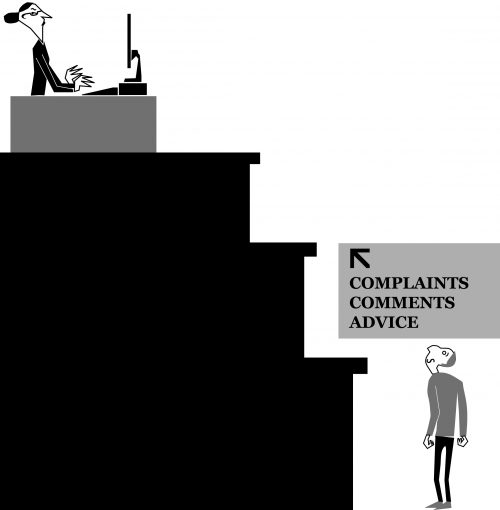Partners for progressive change?
We are fast approaching the local authority elections, at which you will have the opportunity to decide who best to run your council for the next five years. It is important to reflect how more politically inspired the people of Scotland have become over the past three years and not take this for granted.
Since 2014, we have had a referendum on Scottish Independence, a UK General Election, a Scottish Parliament Election and an EU referendum. Since the EU referendum in June last year, our news has been dominated by what leaving the EU will look like. It looks now that we are faced with the prospect of a hard Brexit being imposed upon us to appease members of the Tory party. But just what does a hard Brexit look like?
Will it mean the end of the right for young people to study and work in Europe, the end of employment rights and protection for pregnant women in the workplace, and with all these issues now in the hands of the most right wing government in a generation?
Scottish businesses who export goods to Europe could face charges to do so. In total 80,000 jobs could be at risk by leaving the EU in such a reckless ‘out at any cost’ manner. Although I voted ‘remain’ in the EU referendum, the people I know that voted to ‘leave’ did not vote ‘leave’ for the above reasons and Theresa May’s Tory Government should remember that when forcing Scotland out of Europe under such terms. 
Out of the four elections and referendums mentioned, I voted in all four but only got the outcome I wanted in two of them. I was, of course, delighted to cast my vote to help elect an SNP MP and MSP but was heartbroken at the result of the Scottish independence referendum and the day after EU referendum defeat I think many people of my generation felt more European than they had at any other point in their life.
Therefore, as we go to the polls in May, it is understandable that a voting fatigue may be kicking in and this is the backdrop to the people who will be casting another of their votes. The results of the aforementioned elections were not the most important aspect. Rather, it was the level of political debate, participation and the high level of voters that turned out to play their part in the democratic process.
Turnout in local council elections is historically low. However we have the opportunity to cast our vote to shape the future of the very place we live in. Education, roads, social care, mental health services and so – those are the kinds of things that are on the ballot paper. Empowering communities across Scotland, protecting public services, increasing child care provision – that is what we are voting about.
For too many years child poverty has been a blight on Inverclyde – the area I represent – and, indeed, across Scotland. It is time to be ambitious, it is time to be bold, and it is time to reach further than those that came before. It is time to put every resource possible into tackling poverty and by the end of the next decade eradicating child poverty across the country. A tough target, a target many will say is impossible but an ambition worth voting for.
Key to achieving any desired outcomes will be funding. Many people often ask what their money is spent on. In truth, the council delivers hundreds – if not thousands of services: education; schools; health and social care; roads; street lighting; employability schemes. The list could literally fill the rest of this page and the next. Many of the services a council delivers are mandatory – so our councils must have schools, and our councils must protect expenditure in health and social care to protect the most in need in our area.
However, for many areas, how much we spend and where we spend it comes down to political priorities. In theory, we could have the best roads in the world if every available resource was spent on them but, this would mean no money would be left to spend on keeping libraries open across Inverclyde, or having first class leisure facilities or perhaps cutting back on bin collections would be required to pay for them.
For too long councils across Scotland have attacked the Scottish Government instead of seeking to work in partnership to achieve better outcomes for the people we are elected to serve. It is time for a new relationship that sees councils work with the Scottish Government to deliver our shared aspirations.
Chris McEleny is an SNP councillor for Inverclyde



